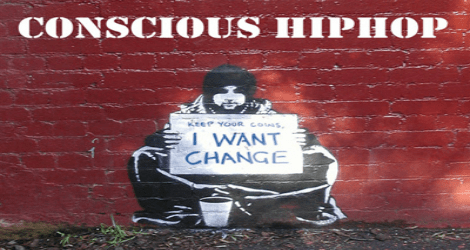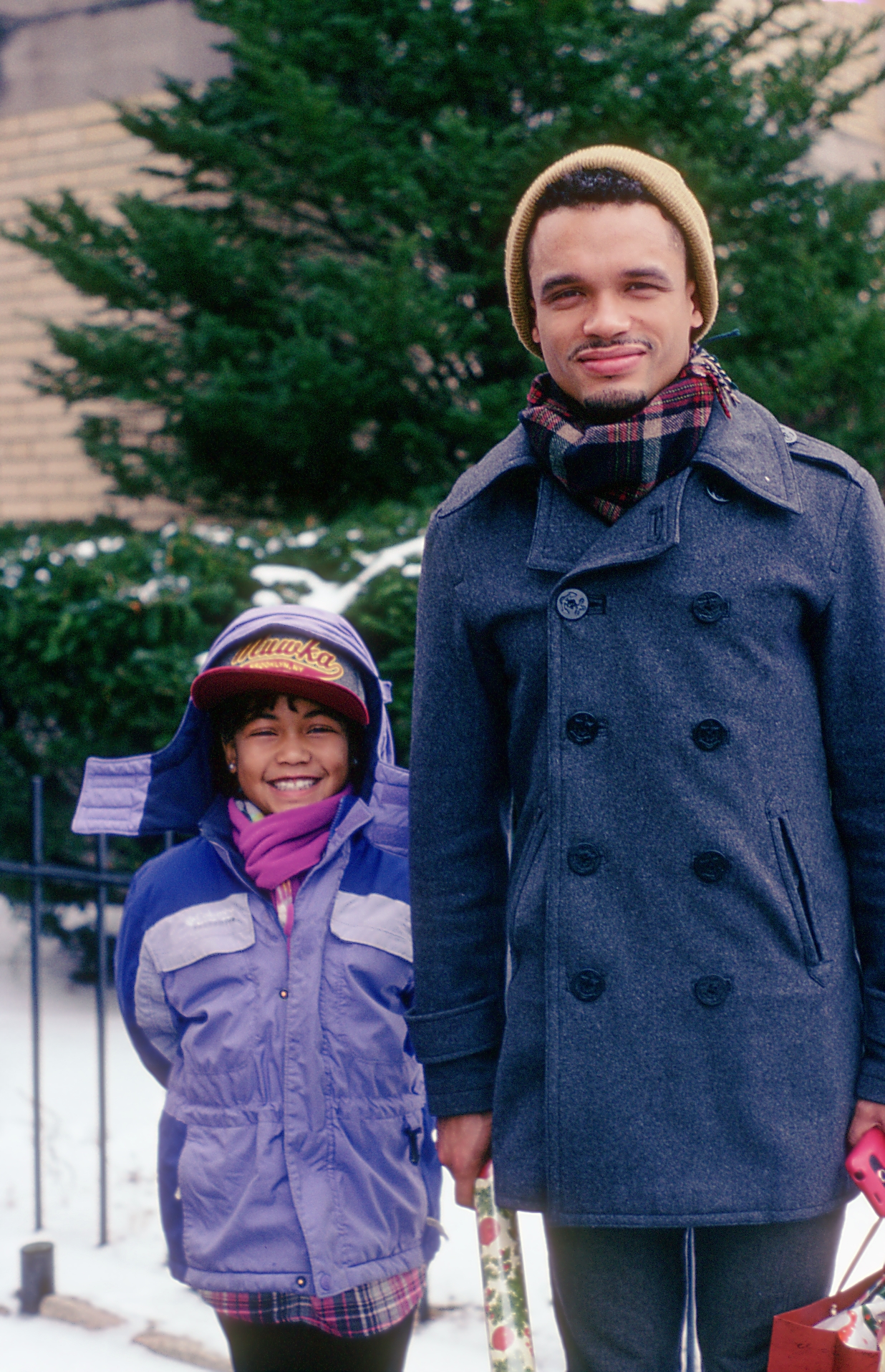One of my favorite moments of Jasson Perez’s Rhymes and Reasons interview is when he discusses Outkast and the lyrics to “Return of the ‘G.” Jasson discusses this idea of not getting caught up in “labels.” His point is that no matter how you identify—as a “gangsta” or as “someone who is down for the cause”—you can still act as an oppressor or as an ally to the oppressed. A commitment to justice is more than just labels, outward appearance, or basic actions. This idea, put so simplistically and eloquently by Andre3000, summarizes the understanding that I came to while in college.
In hip-hop, there exists an authentic understanding of oppression and resistance that constitutes a lifestyle often not chosen but simply required to survive. Hip-hop often isn’t pretty; it often describes the world in a non-absolute morality, and it never says that the privileged are the answer to fixing oppression. It’s not the music of Pete Seeger or Bruce Springsteen, not that there is anything wrong with those artists, but hip-hop addresses inequities in a different manner than any other music. Hip-hop discusses social issues not just because of a moral obligation but due to a necessity to live.
Hip-hop started to fascinate me even more once I began to recognize that, not only was the music rooted in social justice, but it resonated with the themes of Catholic Social Teaching. Common in the seven themes of Catholic Social Teaching is a call to find Jesus in every person. This manifests itself in many different ways: whether it is the option for the poor and vulnerable, solidarity across borders, boundaries, and barriers, or the dignity and the right to work for all. What makes hip-hop so profound is that, without Jesus being necessarily at the core, hip-hop speaks to these same issues.
Being born out of resistance, it is in many ways an act of solidarity in and of itself—the music, an oral history detailing why and how people struggle to survive in a society that marginalizes them. It is an attempt to document a history that our society is structured to ignore. It is the story of the poor, the imprisoned, the beaten down, as well as a story of the Beatitudes and the Works of Mercy. This is part of the mission of Rhymes and Reasons, to discover the stories of hip-hop that extend past the music and how regular people share the same stories. HB Sol, in his interview, clearly articulates the solidarity of hip-hop when he discusses Nas’ ability in “NY State of Mind” to communicate the exact struggles that were occurring simultaneously all across the country in different cities with his lyrics. Shannon Matesky discusses hip-hop’s ties to human rights when she discusses Eve’s “Love is Blind” in the context of her own rape: how hip-hop helped her not to be ashamed of being a survivor of sexual violence in a society that wants to treat her like she is at fault.
I know what you’re thinking: What about all the lyrics degrading women, pushing materialism, and glamorizing drugs? That’s real. I caution you, though, because to dismiss hip-hop for these lyrics would be like dismissing the transformative and radical love of the Gospel message because the Bible contains many passages justifying sexism and homophobia. True, these oppressive messages are prevalent and have become only more common with the commercialization of hip-hop. The unlikely event that we would ever see a group like X-Clan on MTV again (look’em up) doesn’t mean that hip-hop, as a whole, is superficial. While not every song is as overtly socially conscious and politically challenging as Lupe Fiasco’s “American Terrorist”, real issues are being discussed by artists like Kendrick Lamar, Big K.R.I.T., and J. Cole—issues that get to the heart of a lifestyle committed to justice.
Hip-hop is a reflection of U.S. culture. It contains violence, misogyny, and homophobia precisely because U.S. culture contains these behaviors and values. These lyrics don’t need to be embraced and should not be glamorized. But to deny the validity, power, and importance of hip-hop simply because of these lyrics is to ignore the realities of the U.S. that many with privilege can choose to ignore whenever it is convenient and comfortable. To dismiss this art altogether would be to dismiss the experience of a whole group of our brothers and sisters.
An intentional effort at understanding hip-hop will allow for the witness of the beauty of this art and see how its purpose is often one in the same as Christian teachings on social justice. Coming to appreciate another culture is essential for constructive social justice work. But one word of caution: if hip-hop isn’t your culture, appreciate it, but don’t appropriate it. As I wrote earlier, hip-hop is not looking for the privileged as a savior for the ills discussed in hip-hop. Taking the time to understand and appreciate hip-hop is not an invitation to join the culture. It is an invitation to discover another strand of activism that has more in common with Christian social teaching than many believe. In many ways, Rhymes and Reasons attempts to bridge the barriers for those just learning about hip-hop, as well as being a tool for those who are “hip-hop” and allow them to share their stories with each other. Rhymes and Reasons is simply a storytelling platform for people to recognize the common humanity in each other. Taking the time to appreciate hip-hop will help you cross the border into a deeper understanding of another group of people and will offer a better understanding of what social justice truly is.






Unbound Social